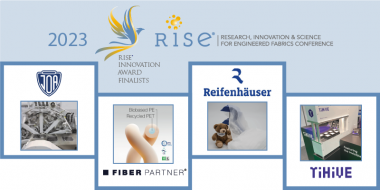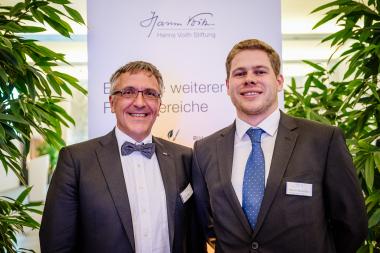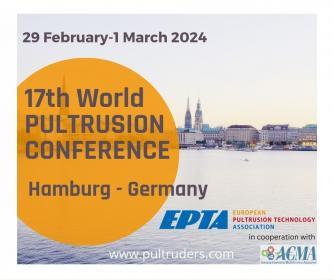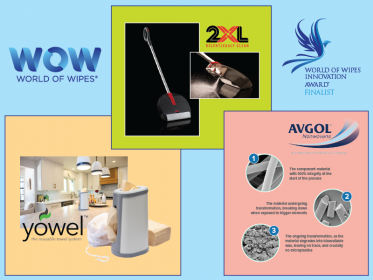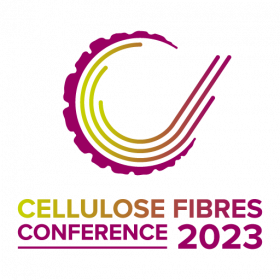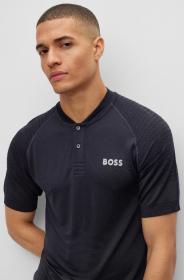Spinnova reviews strategy: New licensing models
Spinnova has decided to evaluate its existing strategy to prioritise areas that in the short- to medium-term deliver the fastest time to positive cashflow generation and that create the most value for the company’s stakeholders.
The company expects to conclude the assessment of its strategy in the coming months, after which the results will be presented in more detail including key actions and any changes to medium- and long-term business targets. Financial guidance for full year 2023 is unchanged.
Spinnova’s unique sustainable technology is a key differentiator. To recognize the value of its technology offering, the company has decided to review opportunities to expand the licensing of its technology to new customers. In the future, Spinnova sees great potential in developing circular raw materials such as textile waste and agricultural waste, as well as recycled SPINNOVA® fibre. Initial tests show that refining these raw materials into micro fibrillated cellulose (MFC) may be more efficient than refining other raw materials Spinnova has worked with. The company has received significant interest from customers wanting to build plants that convert multiple circular raw materials into SPINNOVA® fibre.
Together with Suzano, Spinnova is gathering the learnings from the first Woodspin plant to support the decision making for the next Woodspin factory investment. At the same time Spinnova continues to further develop the technology concept to reduce capital expenditure per tonne of fibre produced compared to the first Woodspin plant. While Suzano develops its MFC process it is expected that the first Woodspin facility will mainly be used for R&D to test new MFC batches and that commercial production volumes will be limited in the short term. The market opportunity and ambition level with Suzano to scale Woodspin’s production capacity remains unchanged
Spinnova will continue to have the option to invest into all future Woodspin and Respin plants, as per the respective joint venture agreements. The company will evaluate whether it participates in these investments based on the value it creates for Spinnova’s shareholders compared to other opportunities to invest Spinnova’s capital. Regardless of whether Spinnova invests its own capital into future plants, Spinnova will continue to be the exclusive technology provider to Woodspin and Respin, and they will continue to be important technology customers of Spinnova.
Spinnova






